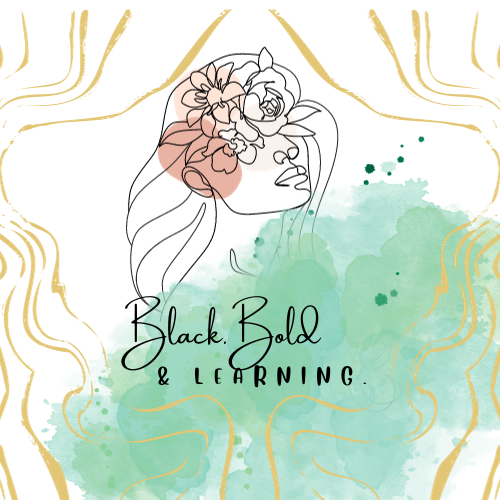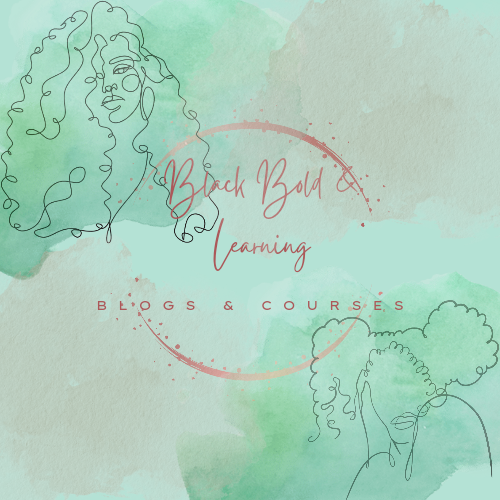Keep Moving, Don't Settle: "The Do's and Don'ts of Modern Dating"
In today's dating culture, we have a complicated less straightforward way of meeting people. Covid did a number on how we interact and dating apps are "trying" to set us up with people, but really their goal is to keep us on the apps. In fact, Only 13% of users got engaged or married after meeting someone on a dating site, though. Meanwhile, 23.7% claim they’ve never had more than a date or two. Nearly 15% had a relationship that lasted less than six months, 7.2% had a relationship between six months and a year and 14.7% had a relationship that lasted more than a year(cloudwards.net). That's not super encouraging.
You got the date, You Started the Relationship!
So let's say that we do get past that point and end up having a first date or starting a relationship. Great! You are one of the few. Apps like Bumble, Hinge, OkCupid, Upwards, and Tinder have a mix of people. In my own experience with online apps, I have had little success with Bumble, only as of last year did I actually go on two dates. Hinge has provided better matches. Tinder stresses me out, upwards is really just full of white Christians who don't usually match with me, and Okcupid is hit or miss.
When asked, many individuals would instead meet people organically and in natural situations like in school, at work, while doing their hobbies, in bars, ETC. I don't blame them. Many people however find themself sucked into the cycle of dating apps that leaves them demotivated and let down. If you are a dating app cycler, you understand the feelings of hope which within a week or two are replaced with the feeling of despair and irritation.
So why does this matter?
Dating apps contribute to one of many issues individuals have when it comes to finding the right relationship, maintaining that relationship, and knowing when to leave when it doesn't seem like a good fit. When you have been single for so long, or you have tried and not gotten the promising results of a relationship, it can leave you wanting to question whether your standards are too high and whether you need to just lower them or settle.
What is settling in a relationship?
Settling in a relationship is when you lower your standards and expectations for a partner in order to keep the relationship going. This can be compromising on core values, beliefs, and goals or staying with someone who does not fulfill all of your needs as an individual. Instead of looking for someone who meets everything you want and needs in a relationship.
What leads someone to settle in a relationship?
Low self-esteem
Fear of being alone
Pressure from friends and family to be in a relationship
Lack of confidence or experience with relationships or dating
Feeling like there are no other options available when it comes to meeting people or finding a partner
Past trauma from childhood or abuse
Why this doesn't serve you?
Settling in a relationship does not serve you because it hinders your growth as an individual. You feel like you are stuck in a cycle and unable to move forward with your life as it is. You end up sacrificing what is important or critical for you and become unhappy, resentful, and possibly even depressed. You deserve so much more than the bare minimum in a relationship. If you are holding on to the hope that someone will change and become the person you want, you need to consider, whether will you still be happy if that person never changes. When we enter a relationship we want to grow and learn together, but people change because they want to not because of their partner. Especially if that change is because they want to better themself or their relationship. Some people are not going to change and what you see is what you get. We cannot hold onto an idealized version of someone. You will not be happy and it will lead you to feel life you are not worthy of even some of the bare minimum. If someone is not treating you the way you need, here is what I recommend.
What to do if someone is not meeting your expectations?
Communication is key; it could be a miscommunication of expectations.
Reevaluate your values, beliefs, and needs
Assess if this is a dealbreaker or not
If you have the desire to maintain the relationship, would compromises be acceptable?
Pay attention to what is happening if someone is not meeting your expectations or receiving your feedback.
Prevention for Settling
Know your worth and your values
Set boundaries and be consistent
Practice self-care
Focus on yourself and your happiness first.
Overall, if someone is not meeting your expectations, do not settle. It will only lead to further unhappiness in the long run. You are worth more than that and it is okay to take time for yourself as well as make
Tips for assertive communication and boundary setting
When someone is unsure how to communicate or set boundaries, first I recommend using "I" statements to make sure we are not putting someone on the defense when you are trying to communicate. I recommend doing some reflective journaling or meditation to calm your nerves, and to help you process and get out what is happening in your mind and body. Before my break up ( which wasn't planned), I actually took a mental health day to process and take care of myself. My favorite skill to teach both coaching and counseling clients is DEARMAN. This is a DBT therapy and coaching tool for assertive communication.
What DEARMAN Stands For:
D - Describe the situation
E - Express your feelings
A - Assert yourself and what you need
R - Reinforce why this is important to you
M - Mindful of your attitude and respect for the other person
A- Appear confident in your stance
N - Negotiate
Clarifying Boundaries in a Relationship
D - I've noticed that when you come home late from work, you don't call me to let me know.
E - This makes me feel like my feelings don't matter and frankly it is really hurtful.
A - I need to be informed if you are coming home late so that I can plan accordingly.
R - This is important to me because I need to feel like my feelings are respected.
M - I'm asking this in a respectful and calm manner, as I know it can be hard for you to find time after work.
A - I believe this is reasonable and hope that we can come up with a solution together.
N - Is there any way that you could call me or text me when you know you will be coming home late? I would really appreciate it. Thank you.
With this example, the speaker is expressing their needs in a respectful and assertive manner while also making sure to demonstrate respect for the other person's point of view
Using DEARMAN for ending a relationship or "talking"
D - I need to talk to you about something important.
E - Recently, I've been feeling like I'm settling for our relationship and that it is not what I truly want and need.
A - In order for me to be true to myself, I have decided that this relationship is not going to work out for me.
R - This is important for my personal growth and happiness so I'm setting a boundary in ending this relationship.
M - Although I understand it may be hard to hear, I want you to know that I wish you the best in your future.
A - While this decision was not easy for me, I believe it is the best one for me at this time.
N - Is there anything you would like to discuss before we end our relationship?
By using DEARMAN, the speaker expresses her feelings and needs in a respectful and assertive manner while still being mindful of the other person's feelings. She also makes sure to reinforce why this decision is important to her and appears confident in her stance, ultimately allowing for a more honest conversation.
Using DEARMAN for asserting needs and boundaries
D - I've noticed recently that things have been feeling off in our relationship and that we haven't been growing together.
E - This makes me feel confused and like I'm not being heard when I bring up my needs.
A - For our relationship to thrive, I need us to be able to communicate openly about our feelings and needs.
R - This is important for me because it will help to foster a healthy connection between us.
M - I'm asking this in a respectful manner as I know it can be hard for you to open up sometimes.
A - I believe this is reasonable and necessary if we are going to continue in this relationship together.
N - Is there anything that you can think of that would help us have better conversations and better understand each other? Thank you.
Why This Is Respectful to You and the Person You Are Dating, Talking with, or in a Relationship with?
By using DEARMAN, the speaker is expressing their needs in an assertive and respectful way. They are also making sure to clearly describe the situation, express how they feel, and reinforce why this is important to them. This demonstrates care and respect for both parties while still affirming one's own boundaries and needs. Additionally, negotiating a solution together helps to ensure that both parties feel heard and respected throughout the conversation.
Ultimately, using DEARMAN can help create a healthy dialogue within any relationship that allows for honest communication and mutual understanding. You are being clear, not rude. Setting boundaries and offering clarification is not mean, rude, or disrespectful. Any person who tries to argue with this is an emotionally immature person who is not able to have healthy conversations or conflicts. Know the difference.
How Can A Boundaries and Assertiveness Coach Help Me Not Setting and Communicating Better?
One of the biggest reasons people come to me for support is that they are in need of skills. Effective ones that will help them cope with or resolve an issue. I can give you all the tools possible, but the benefits of working with a coach on this are that we can explore together why it is so challenging to set boundaries, communicate well, and together we can create tools that work for you to make effective changes in your life. I can help you role play, address the settling language and behaviors, and help you address the thoughts you are dealing with to help you reaffirm your needs. Whether you take these skills for your own use or want to create a plan for your dating and relationships, I hope this helps you thrive. Queens don't settle!





